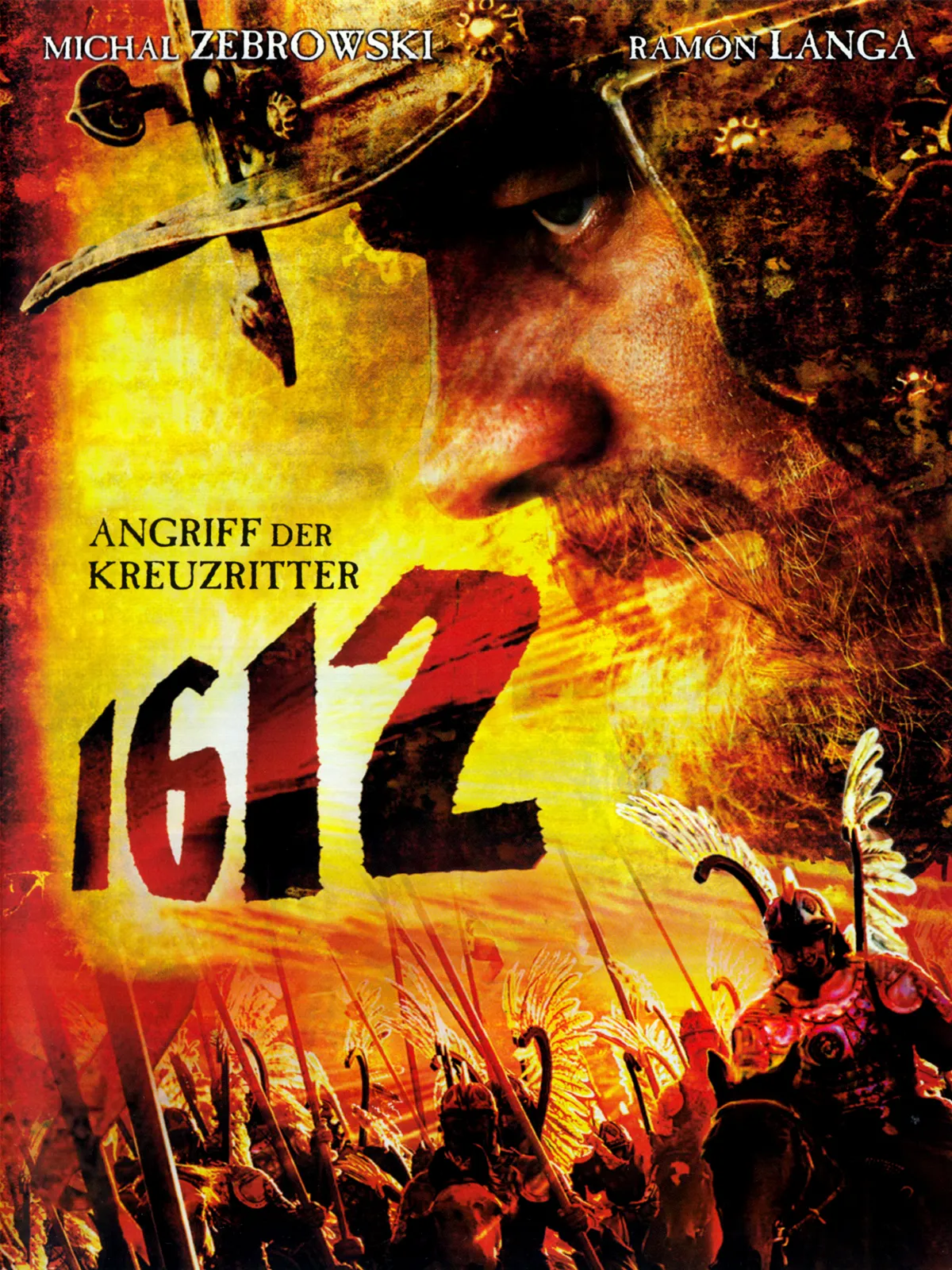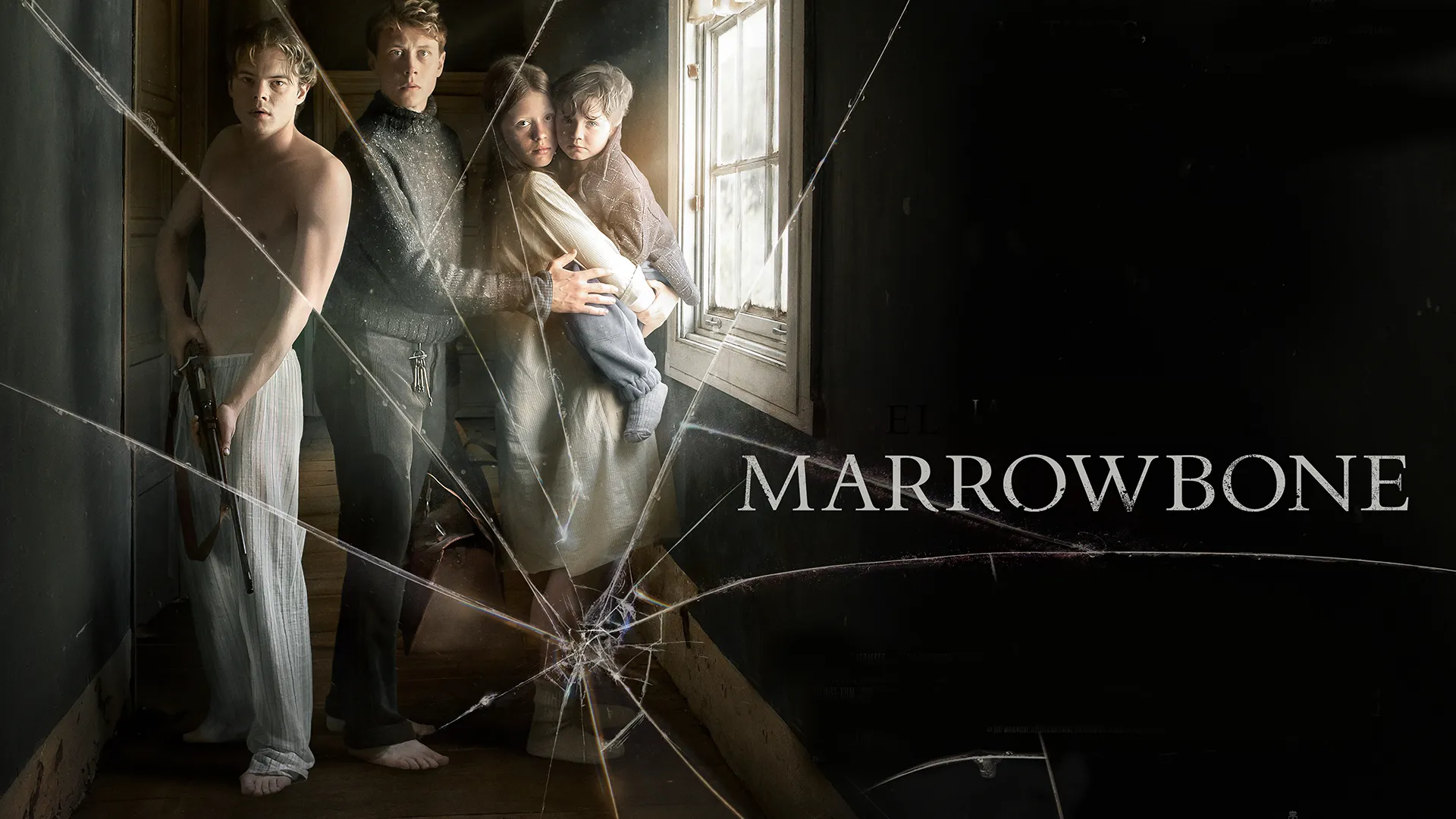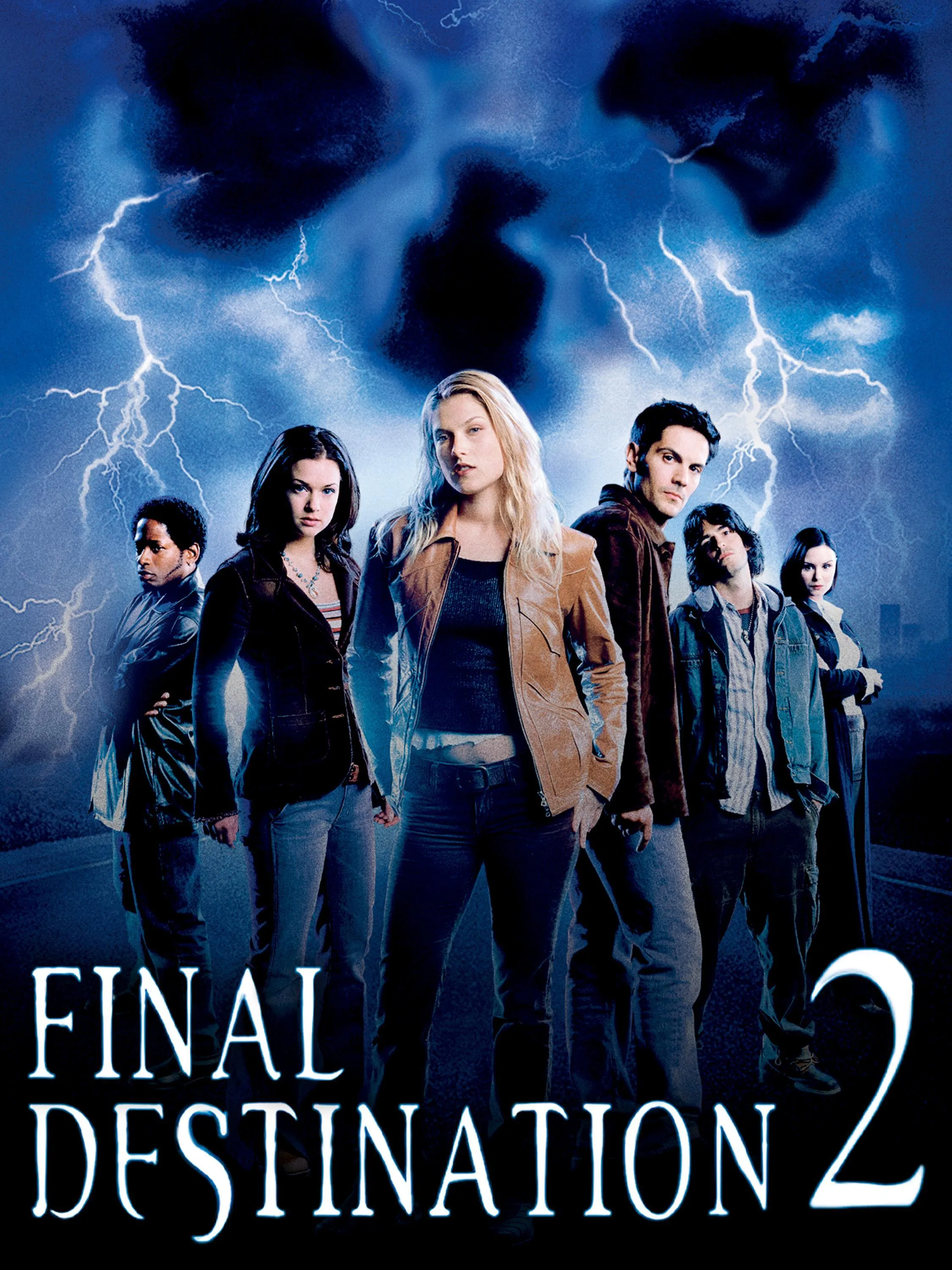1612: Khroniki Smutnogo Vremeni (2007) is a historical epic directed by Vladimir Khotinenko that brings to life one of the most turbulent periods in Russian history—the Time of Troubles. Set in the early 17th century, the film tells the story of Andrey, a young serf who finds himself caught in the chaos of a country torn apart by war, political intrigue, and foreign invasion. As Russia struggles against Polish forces seeking to claim the throne, Andrey embarks on a journey that will transform him from a lowly servant into a hero of his nation.
The film begins in the aftermath of the assassination of Tsar Boris Godunov, which plunges Russia into chaos. With the throne vacant and multiple factions vying for power, Poland seizes the opportunity to invade, aiming to install a Polish prince as the new ruler. Amidst this turmoil, Andrey, once a simple servant to a noble family, is taken captive by the invaders and forced into a life of hardship. However, fate intervenes when he escapes and begins his quest for redemption and revenge.
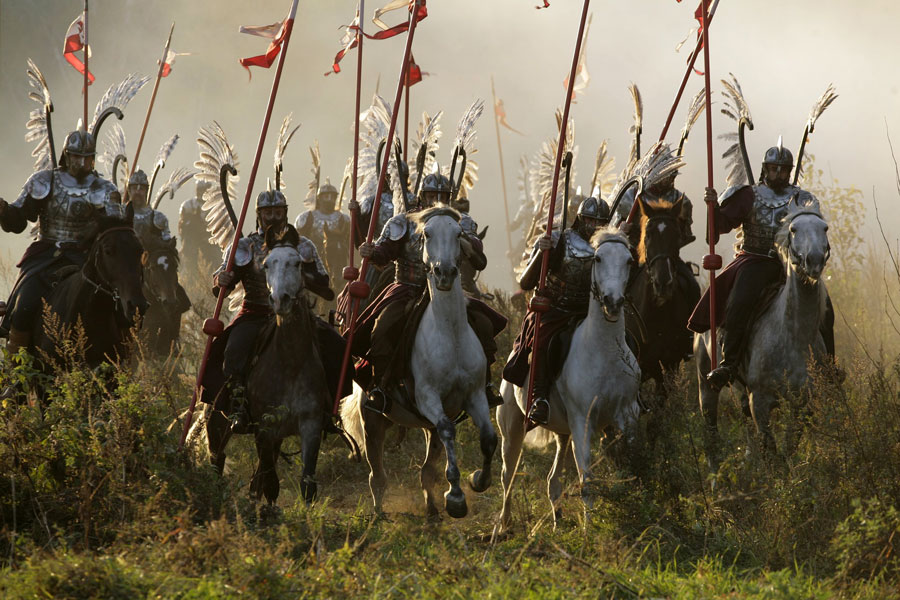
As Andrey navigates the war-torn landscape, he encounters various figures who shape his destiny, including mercenaries, warriors, and political schemers. His transformation from a powerless serf into a courageous leader mirrors Russia’s own struggle for independence. The film masterfully blends historical events with a personal tale of growth, loyalty, and resilience, making the audience deeply invested in Andrey’s journey.
Visually stunning, 1612 immerses viewers in the brutal and chaotic world of the Time of Troubles. The film’s battle scenes are grand and intense, showcasing the ferocity of 17th-century warfare with large-scale cavalry charges, duels, and sieges. The cinematography captures the beauty and brutality of the era, from the snowy battlefields to the opulent courts of Europe, emphasizing the stark contrast between war and political power games.

One of the most captivating aspects of 1612 is its use of mythology and symbolism, incorporating elements of Russian folklore and mysticism to enhance the storytelling. The film includes surreal dream sequences, visions, and allegorical imagery that deepen the narrative and add a layer of fantasy to the historical drama. These moments serve as a reminder of the cultural and spiritual struggles intertwined with Russia’s fight for survival.
The performances are another highlight, with Pyotr Kislov delivering a compelling portrayal of Andrey, evolving from an innocent young man into a determined warrior. Marat Basharov, Mikhail Porechenkov, and other talented actors bring to life historical and fictional characters, adding emotional depth and intensity to the film. Their performances reflect the desperation, ambition, and bravery that defined this turbulent period.
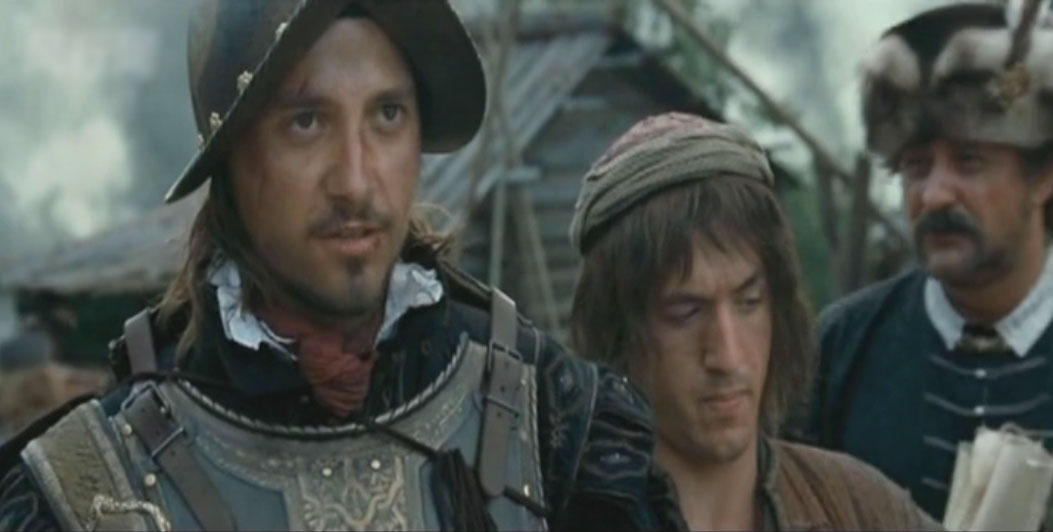
Beyond its historical and action-packed elements, 1612 also serves as a patriotic tale, emphasizing themes of national identity, unity, and resistance against foreign domination. While the film takes creative liberties with historical accuracy, it successfully captures the spirit of a nation fighting for its survival and the resilience of its people in the face of adversity.
In conclusion, 1612: Khroniki Smutnogo Vremeni is a gripping historical drama that combines war, adventure, and mythology to tell the story of Russia’s darkest and most defining moments. With breathtaking visuals, intense battle sequences, and a compelling protagonist, the film offers an epic cinematic experience that showcases the power of courage and the importance of a nation's fight for its freedom.
